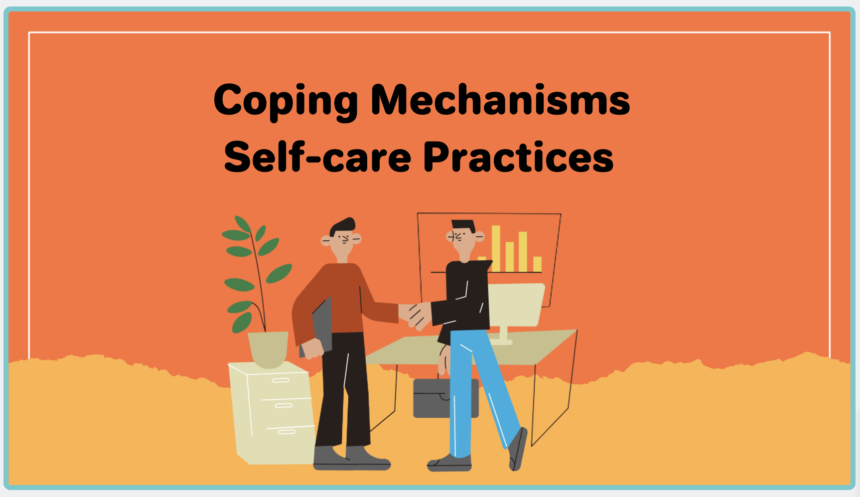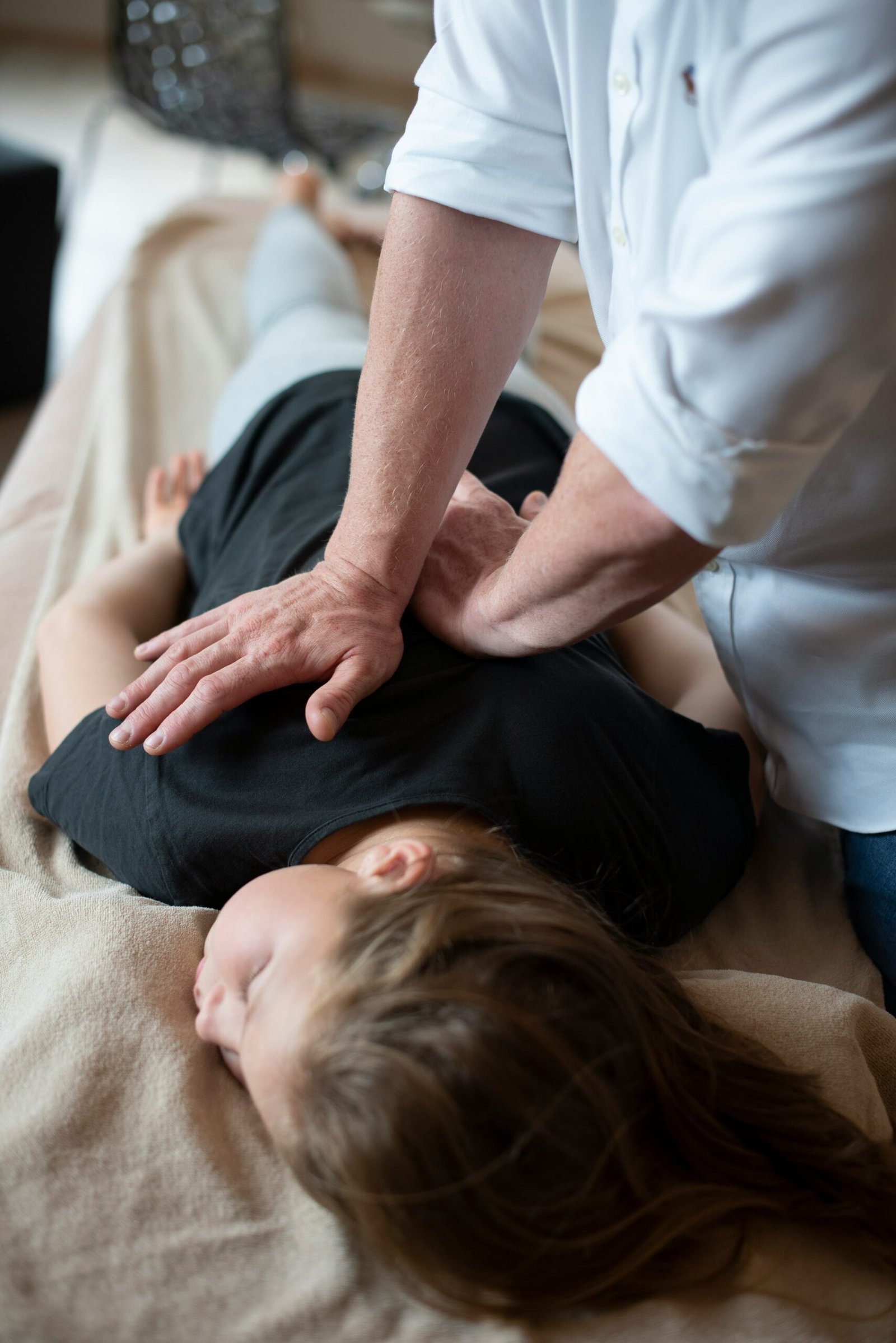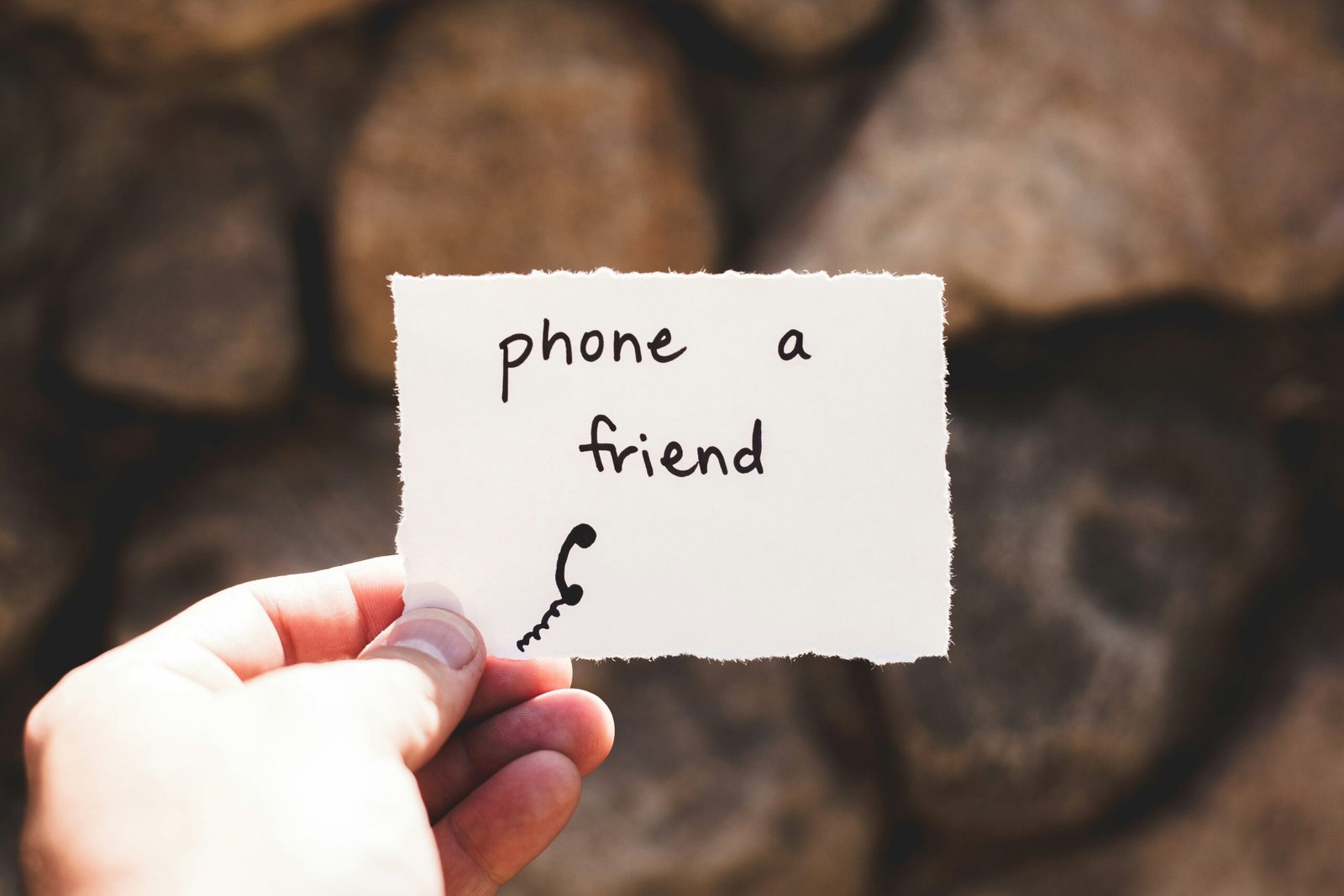Sleep hygiene refers to a set of practices and habits that are conducive to sleeping well on a regular basis. This concept encompasses various aspects of one’s sleep environment and routine, including the establishment of consistent sleep patterns, optimizing the sleep environment, and adopting pre-sleep rituals. For individuals, particularly UK military veterans who may face unique challenges such as post-traumatic stress disorder (PTSD) or heightened anxiety, prioritizing sleep hygiene is crucial for maintaining overall health and well-being.
The significance of sleep hygiene cannot be overstated, especially for those experiencing sleep disturbances. High-quality sleep is integral to emotional regulation; it allows individuals to manage their emotions effectively and respond to stressors with clarity. A consistent sleep pattern can also aid in the reduction of stress levels, leading to enhanced mood and a more positive outlook on life. Veterans, in particular, may have irregular sleep schedules caused by past experiences or current anxieties. By adhering to sound sleep hygiene practices, they can foster a more stable routine that ultimately contributes to improved mental health.
Moreover, a conducive sleep environment plays a vital role in facilitating restorative rest. This includes factors such as light exposure, noise levels, and room temperature. Creating a comfortable bedroom setting, free from distractions, can significantly enhance sleep quality and duration. The cognitive functioning of individuals is often directly correlated with their sleep quality; insufficient or poor-quality sleep can lead to diminished concentration, memory issues, and impaired decision-making abilities.
In essence, understanding and implementing effective sleep hygiene practices is essential for fostering better sleep and improving overall mental health, particularly for military veterans who may face heightened risks of sleep disorders. By cultivating a healthy sleep routine and environment, these individuals can significantly enhance their quality of life.
Common Sleep Challenges Faced by Military Veterans
Military veterans often confront a range of sleep challenges that can significantly impact their quality of life. One prominent issue is Post-Traumatic Stress Disorder (PTSD), a condition that may arise from experiencing or witnessing traumatic events during service. Veterans with PTSD frequently report experiencing intrusive thoughts, nightmares, and hyperarousal, all of which can disrupt sleep continuity. Insomnia is particularly common among this group, as individuals may struggle to fall asleep or maintain restful slumber due to their heightened state of alertness.
Additionally, anxiety disorders are prevalent within the veteran population, often stemming from the high-stress environments faced during military deployment. This anxiety can lead to racing thoughts that infiltrate bedtime routines, further complicating efforts to achieve restorative sleep. Many veterans may find themselves in a cycle of worrying about the next day, past experiences, or overall reintegration into civilian life, thus diminishing their chances of uninterrupted rest.
Depression is another significant factor affecting sleep quality among military veterans. The feelings of sadness, hopelessness, or worthlessness associated with depression can lead to both insomnia and hypersomnia, complicating the ability to wake refreshed. As veterans battle these psychological challenges, their physical health is also at stake; chronic sleep disruption can lead to increased risks of cardiovascular diseases, obesity, and weakened immune systems, compounding the adverse effects of existing mental health conditions.
Moreover, social isolation, a common experience for many veterans, can exacerbate these challenges, leading to less structured routines that further impede sleep hygiene. It is essential for veterans to seek help and explore effective strategies to address these unique sleep challenges, ultimately aiding in their transition back to a balanced and healthy life.
Creating an Effective Bedtime Routine
Establishing a bedtime routine is crucial for enhancing sleep hygiene and ultimately improving sleep quality. One of the primary components of an effective routine is setting a regular sleep schedule. This means going to bed and waking up at the same time every day, even on weekends. Consistency helps regulate your body’s internal clock, making it easier to fall asleep and wake up naturally.
Another vital aspect is creating a calming pre-sleep environment. This can involve dimming the lights in your living space, playing soft music, or using aromatherapy with calming scents such as lavender. Keeping your bedroom cool, quiet, and dark also significantly contributes to a restful atmosphere conducive to sleep. These measures help signal your body that it is time to relax and prepare for sleep.
In the digital age, limiting screen time before bed is essential for improving sleep hygiene. The blue light emitted by phones, tablets, and computers can interfere with melatonin production, a hormone that regulates sleep. To promote better sleep quality, it is advisable to avoid screens at least an hour before bedtime. Instead, consider engaging in screen-free activities such as reading a book, journaling, or practicing a relaxing hobby.
Additionally, integrating relaxation techniques into your bedtime routine can significantly enhance your ability to wind down. Deep breathing exercises, progressive muscle relaxation, or guided imagery can help ease stress and tension accumulated throughout the day. By incorporating these techniques into your nightly practices, you can cultivate a more effective bedtime routine that promotes relaxation and prepares your body for a restorative sleep.
Additional Resources and Support for Better Sleep
For UK military veterans seeking to enhance their sleep hygiene, numerous resources and support systems exist. These avenues are tailored to address the unique challenges veterans face, ensuring a comprehensive approach to improving their well-being.
One primary resource available is mental health support services specifically designed for veterans. Organizations such as Combat Stress and the Veterans’ Mental Health Transition and Advocacy Service (VMHTAS) offer therapeutic support and counseling. These services can address underlying conditions such as PTSD, anxiety, or depression that may disrupt sleep patterns. Engaging with professional counselors or therapists skilled in veteran affairs can provide a pathway to improved sleep.
In addition to therapeutic support, veterans may benefit from sleep therapy options. Cognitive Behavioral Therapy for Insomnia (CBT-I) is a tailored treatment that focuses on changing thoughts and behaviors surrounding sleep. Many veterans find success with these evidence-based strategies, leading to more restful nights. Programs such as those offered by the NHS or veteran-specific clinics often include CBT-I as part of their mental health services.
Veterans-specific groups also foster a supportive community which can be invaluable. Organizations like the Royal British Legion and various local veteran support groups provide environments where veterans can share experiences, coping strategies, and practical tips for improving their sleep hygiene. Engaging with peers who understand the nuances of military life can lead to camaraderie, reducing the sense of isolation that often accompanies sleep issues.
Ultimately, it is crucial for veterans to prioritize their sleep hygiene and seek professional help when needed. Combining therapeutic approaches with community support can significantly enhance the journey towards better sleep.






